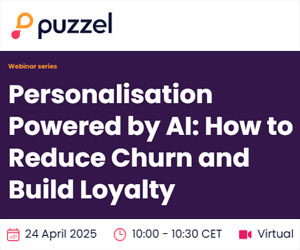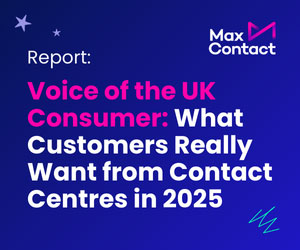Pearl Lieberman of NICE discusses the privacy–customer service relationship that exists between organisations and their customers in 2019.
Last month, I moved into a new apartment. I will cut short on the process and just focus on one part: I still had to call half a dozen service providers to update my address. But that’s not what frustrated me the most!
To me, the burden was to call to change the address AND to call again to request for my services to be connected to the new flat. I just didn’t understand why I need to call twice and talk to different departments – the utilities, the cable providers, the subscriptions, they have all the information they need!
In my mind, they should be able to make it an automatic part of their offering: if they know I changed my address, they can anticipate the needs that come with it, and be proactive.
In 2019, do we still need to spell it out every time?
Personalisation as a Paradox
Yes, I love personalised services. Yet I do find it a little spooky when customer services know more about my life than my own mother. On the one hand, I love to (over)share on social media, on the other, I don’t want my private life to be a currency. I think it is this very paradox that makes privacy such an interesting topic. It reveals something about us as customers and as people: we don’t want our privacy sold, but we don’t want sub-optimal customer service.
So how do we strike the right balance? Think of Apple. When Apple tells the FBI that they won’t unlock iPhones for investigations, they are saying exactly that we protect our customers. The value of this message in the public eye is extremely strong, and privacy appears as a cardinal principle before it is even a law.
More Stringent Privacy Laws
To confirm this, lawmakers worldwide are moving towards more stringent privacy frameworks to align with its importance in a digitalised world – from the EU GDPR to Brazil’s LGPD, the Canadian PIPEDA, the Californian Privacy Bill…all the way to India’s Digital Privacy Framework. Privacy is becoming a right. And in the absence of a legal framework, it is becoming a customer experience differentiator.
From now on, organisations need to be in control of the private data they store and process to be compliant. They need to be able to know what is in there, to map it and retrieve it. And then they need to be able to take prompt actions if needed to inform customers and relevant authorities in case of breach, to provide data in the event of an audit from the regulator, to extract or delete it. Privacy needs to be part of their strategy, including how they look at their data, how they store it, exchange it, and protect it.
Privacy Tomorrow
I think that tomorrow, privacy will be an even greater differentiator. If organisations really had the capability to be transparent, to offer a copy of the interactions their customers have with them as part of their regular services before the customers even ask – what difference do you think that would make to how you score on their next customer satisfaction survey?
For this reason, NICE have put together the Compliance Center, to automate the most recurring compliance tasks, and to visualise key information for privacy practices through dashboards. So, organisations can have more control over consent and dedicated tools to take actions: delete/extract/lock, or simply to protect the data through encryption.
Author: Robyn Coppell
Published On: 22nd Jan 2019
Read more about - Guest Blogs, NICE




































